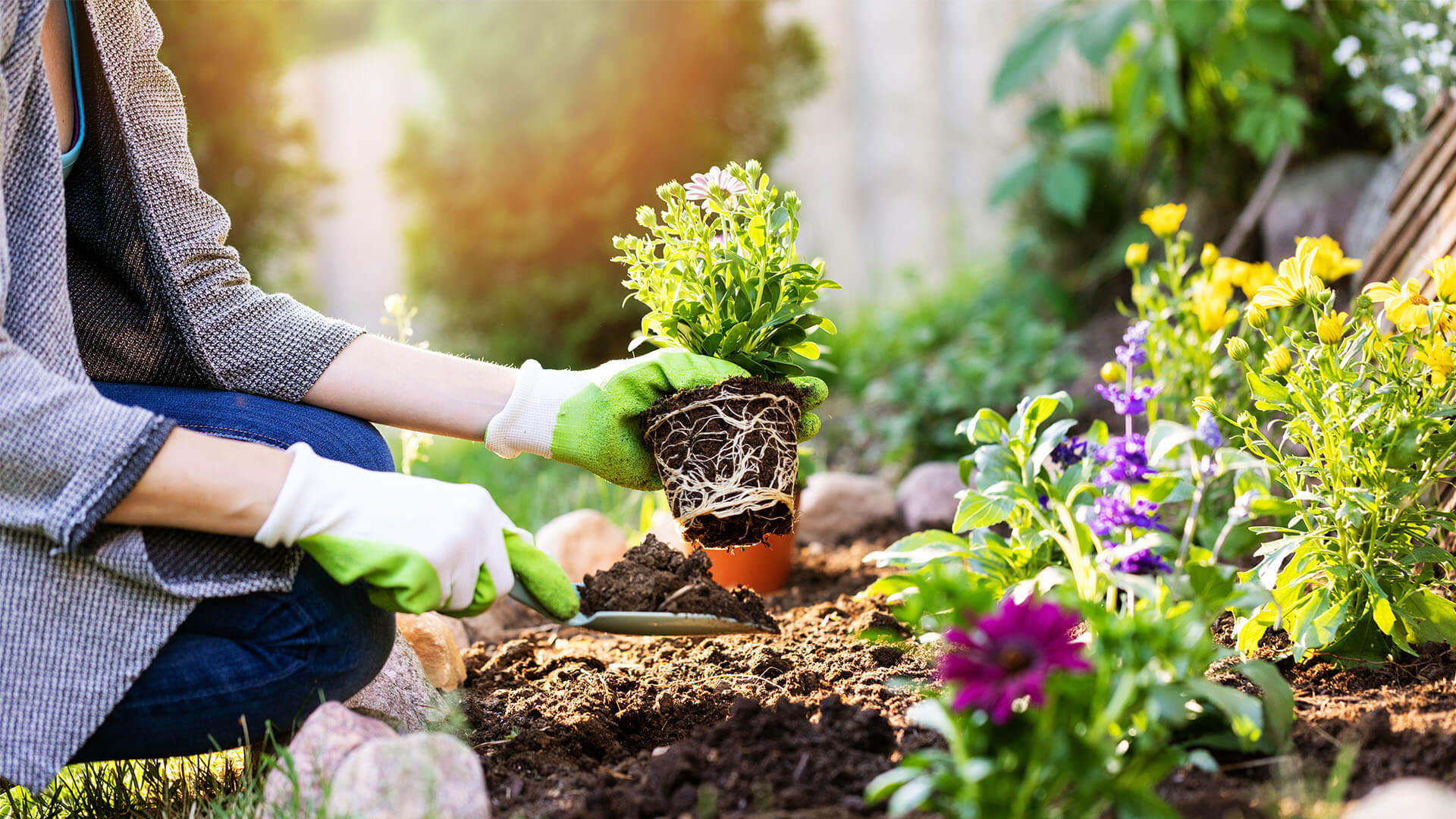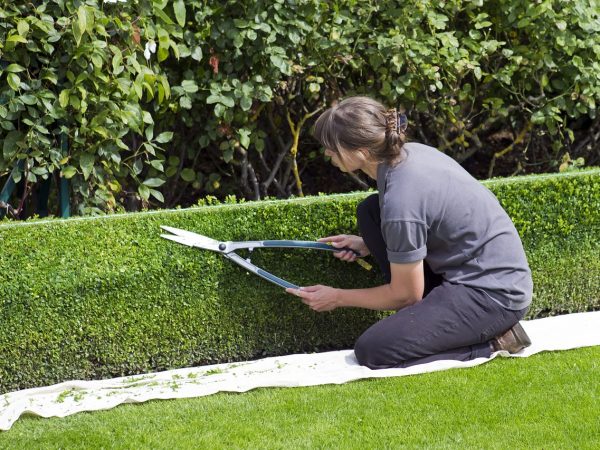Title: “The Green Gardener’s Choice: Exploring the Benefits of Peat-Free Compost”
Introduction
Gardening has long been a cherished pastime, and in recent years, there has been a growing focus on sustainable and eco-friendly practices. One of the essential components of gardening is soil, and the type of compost you use can significantly impact your garden’s health and the environment. In this article, we will delve into the world of peat-free compost, examining what it is, its benefits, and why more gardeners are making the switch.
What Is Peat-Free Compost?
- Understanding Peat
- Peat is a natural resource formed over thousands of years in waterlogged environments like peat bogs.
- It has traditionally been a primary component in gardening compost due to its water-retention and acidity-neutralizing properties.
- The Peat Problem
- Harvesting peat can lead to the destruction of fragile ecosystems and the release of stored carbon dioxide, contributing to climate change.
- The extraction of peat can also disrupt local communities and wildlife habitats.
- Enter Peat-Free Compost
- Peat-free compost is a sustainable alternative that does not contain peat.
- It is typically made from various organic materials like coir (coconut husks), wood waste, green waste, and other natural ingredients.
Benefits of Peat-Free Compost
- Environmental Sustainability
- Using peat-free compost helps conserve fragile peatland ecosystems and reduces carbon emissions.
- By choosing peat-free options, gardeners can play a part in protecting these vital natural resources.
- Improved Soil Structure
- Peat-free composts are excellent at improving soil structure by enhancing water retention and drainage.
- They promote healthier root development and reduce the risk of soil compaction.
- Nutrient-Rich Gardens
- Many peat-free composts are enriched with organic nutrients, ensuring your plants have access to the essential elements they need to thrive.
- These composts encourage strong and vibrant growth, resulting in better yields for vegetable gardens and more colorful blooms for flower beds.
- Versatile and Cost-Effective
- Peat-free compost can be used for a wide variety of gardening applications, including container gardening, raised beds, and mulching.
- It often proves to be more cost-effective than traditional peat-based compost in the long run.
- Reduced Pest and Disease Risk
- Peat-free compost is less likely to harbor harmful pathogens or pests, promoting healthier plant growth.
- This can decrease the need for chemical treatments and interventions.
Making the Switch to Peat-Free Compost
- Gardening Success Tips
- Choose a reputable brand of peat-free compost to ensure quality and consistency.
- Mix different types of peat-free compost to create a tailored blend for your specific gardening needs.
- Phasing Out Peat-Based Compost
- Gradually transition to peat-free compost by using a mix of both types and decreasing the amount of peat-based compost over time.
- Many garden centers now offer a wide selection of peat-free options, making the switch more accessible.
Conclusion
Peat-free compost is not just a choice; it’s a commitment to a more sustainable and eco-friendly approach to gardening. By ditching peat-based compost, gardeners can help protect vital ecosystems, improve their garden’s health, and play a role in mitigating climate change. The numerous benefits, cost-effectiveness, and versatility of peat-free compost make it a wise choice for both novice and experienced gardeners. So, the next time you’re tending to your garden, consider the green option of peat-free compost for a more environmentally responsible and flourishing garden.
This article is provided by https://www.provendernurseries.co.uk/product/peat-free-compost-rosedale



